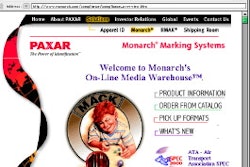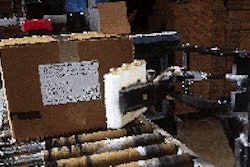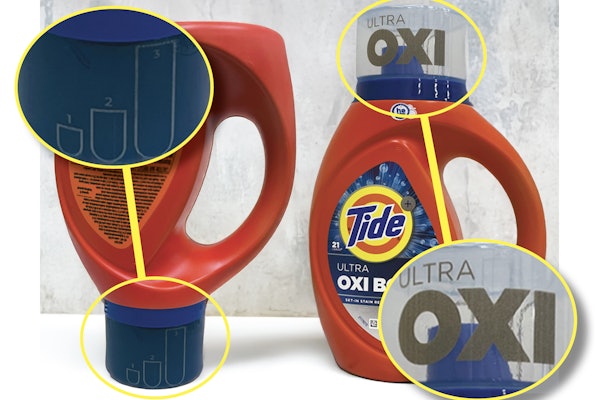Nestl/ UK Ltd. said it would ensure the vast majority of its products would not be made with genetically modified ingredients and that it would label any products containing such ingredients. Consumer protests also are making an impact in other European countries. The U.S. is the world's largest producer of genetically altered foods. FDA and USDA accept these crops as "substantially equivalent" to traditional crops and do not require any labeling. In an effort to provide scientific evidence to allay fears, USDA is creating a panel of experts to investigate agricultural biotechnology. In addition, the Institute of Medicine of the National Academy of Sciences also is examining the issue and hopes to release a report within six months.
Genetic food labeling
In what could evolve into an international food fight that threatens U.S. exports, opposition to genetically modified food is growing in Europe. In late April, Britain's largest grocery chain, Tesco, announced it would phase out such food products and would try to deal with suppliers whose products are not made from genetically altered crops.
May 31, 1999
Machinery Basics
The AI revolution in packaging robotics is here
Robots that see variations, adjust grip pressure automatically, accept plain-English commands, and predict their own maintenance. Discover how AI is transforming packaging operations.
Read More
Annual Outlook Report: Sustainability
The road ahead for CPGs in 2025 and beyond—Packaging World editors review key findings from a survey of 88 brand owners, CPG, and FMCG readers.
Download Now
Downloads






















